Japan's Effective Gun Control
Strict gun control laws and cultural emphasis on social harmony in Japan have led to remarkably low rates of firearm-related violence.
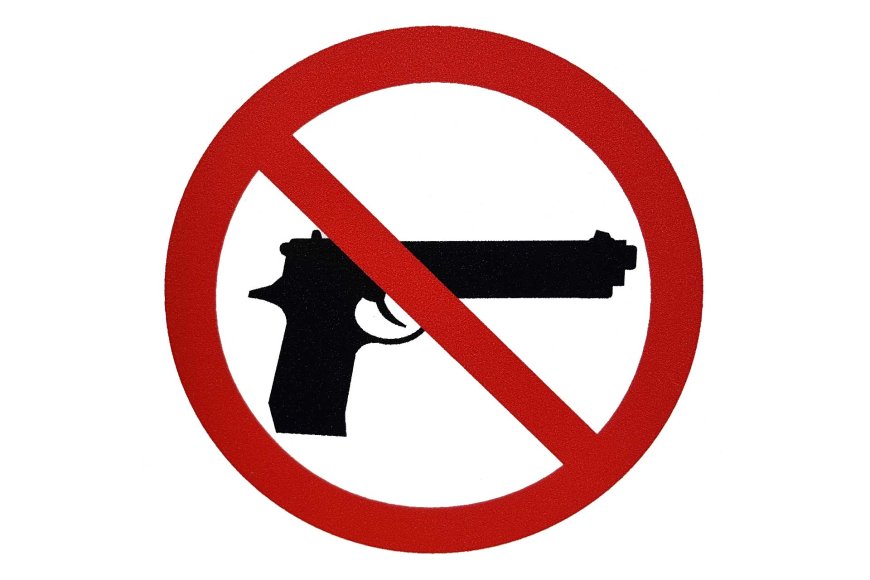
The Japanese Model for Effective Gun Control
In the ongoing global debate surrounding gun control, Japan often emerges as a standout example of stringent regulations and remarkably low rates of gun-related violence. With a population of over 123 million people in January 2024, Japan boasts one of the lowest gun homicide rates in the world. This achievement is not merely incidental but is the result of deliberate and comprehensive policies that have shaped the country's approach to firearms. By examining Japan's approach to gun control, we can glean valuable insights into how effective regulations can contribute to a safer society.
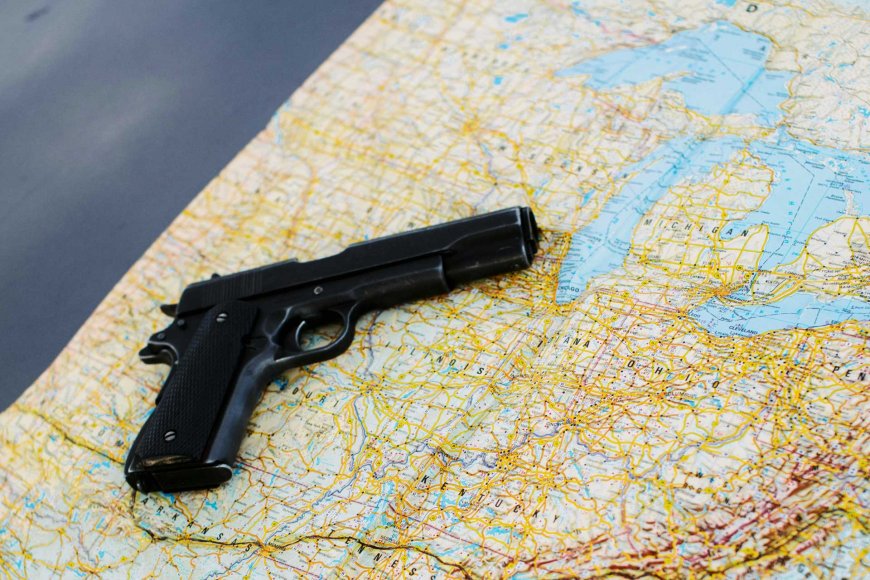
Historical Context
Japan's strict gun control measures can be traced back to the post-World War II era. In the aftermath of the war, Japan faced widespread devastation and a pressing need to rebuild. To ensure stability and prevent the proliferation of weapons, the occupying Allied forces enacted laws to disarm the Japanese populace. These laws formed the foundation of Japan's contemporary gun control framework.
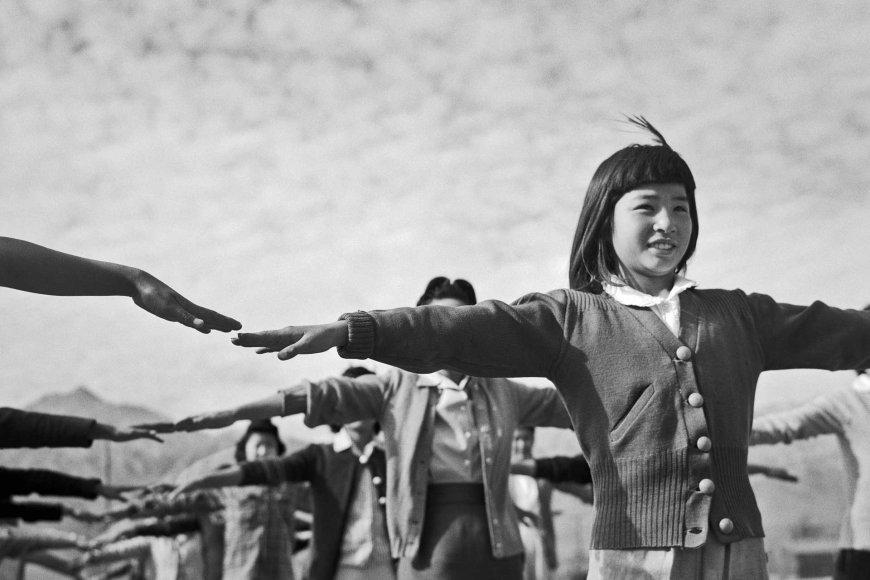
Regulatory Framework
The cornerstone of Japan's gun control policy is the Firearm and Sword Control Law, enacted in 1958. This law outlines strict regulations governing the possession, sale, and use of firearms and swords. Under this law, civilian ownership of firearms is heavily restricted, with stringent licensing requirements and thorough background checks. Handguns are essentially banned for civilian possession, and even long guns such as rifles and shotguns are subject to strict regulations.
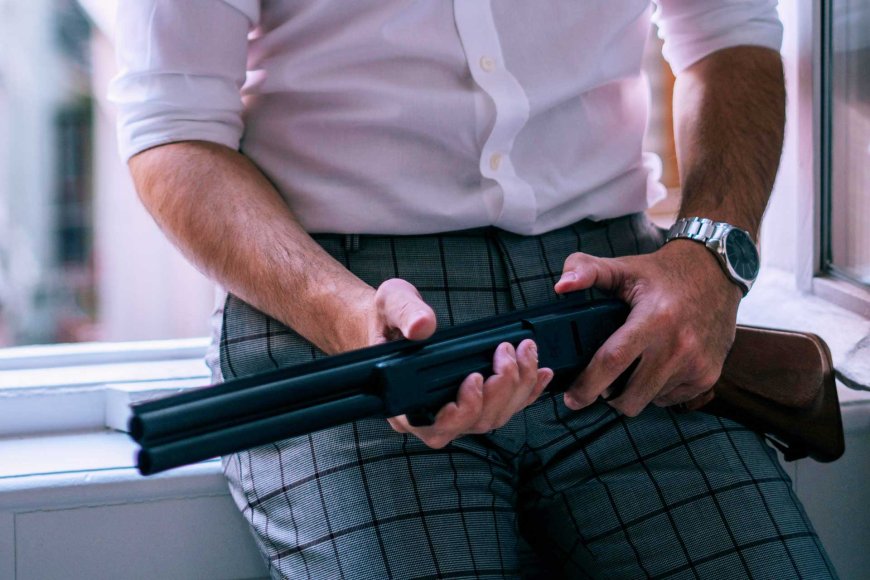
To legally obtain a firearm in Japan, individuals must undergo extensive background checks, including mental health evaluations and criminal record checks. Additionally, applicants are required to complete a comprehensive training course on firearm safety and handling. The screening process is rigorous, and only those with a legitimate reason, such as hunting or competitive shooting, are eligible to possess firearms.
Furthermore, Japan imposes strict regulations on the storage and transportation of firearms to prevent theft or misuse. Ammunition is also tightly controlled, with strict limits on the quantity that individuals can possess.
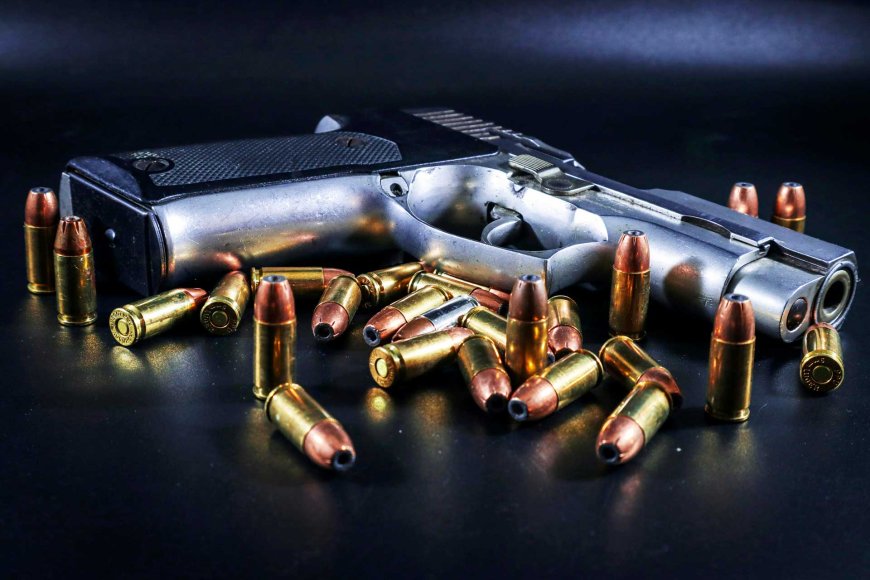
Cultural Attitudes
Beyond legal regulations, Japan's unique cultural attitudes towards firearms also play a significant role in shaping its low rates of gun violence. Unlike in some Western countries and in the Philippines where gun ownership is often associated with individual rights or self-defense, Japan has a more collectivist outlook, prioritizing social harmony and public safety. The prevalent belief is that the presence of firearms in civilian hands poses a threat to societal well-being, and thus stringent regulations are necessary to maintain order.
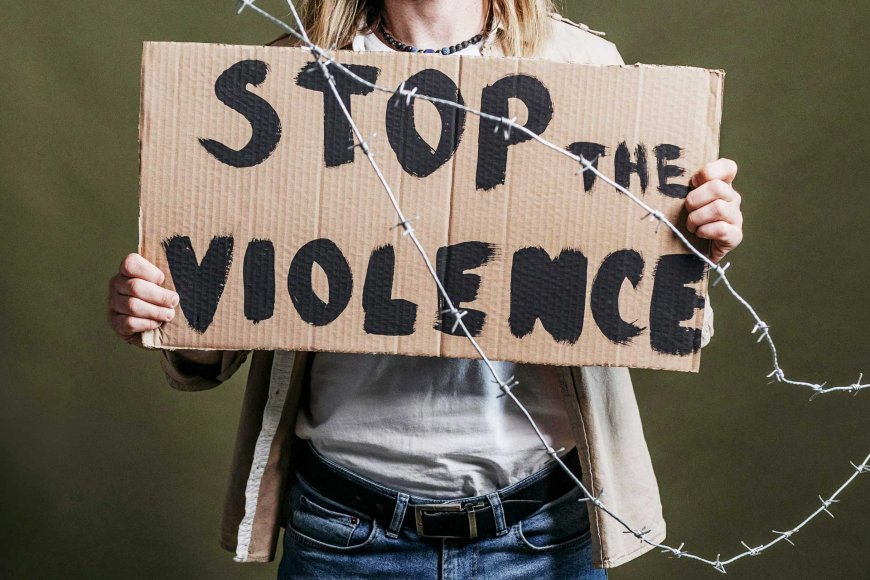
Moreover, Japan's relatively homogeneous society and low levels of income inequality contribute to a sense of social cohesion and trust in institutions. This social fabric, combined with strict gun control measures, fosters a safer environment where gun violence is exceedingly rare.
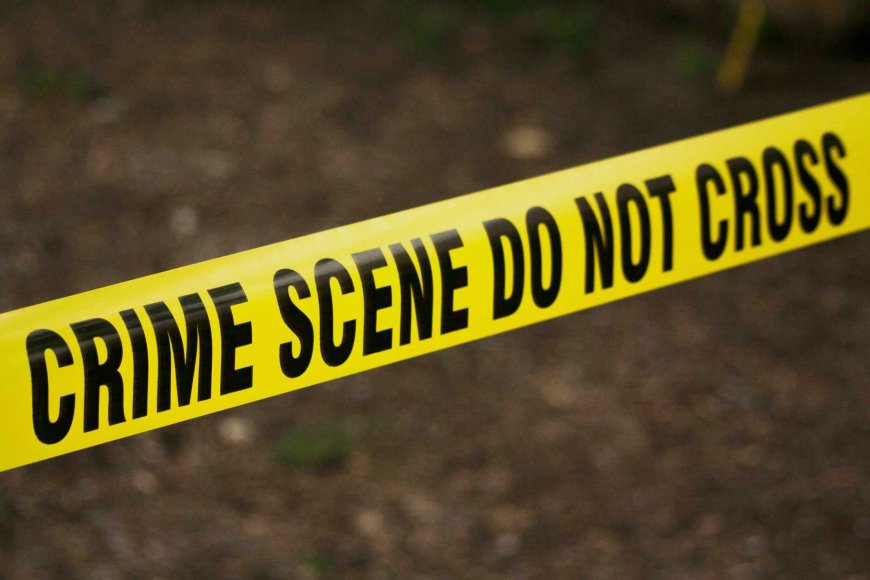
Impact and Lessons to be Learned
The effectiveness of Japan's gun control policies is evident in its remarkably low rates of gun-related violence. According to data from the United Nations Office on Drugs and Crime, Japan consistently reports fewer than 10 gun-related homicides per year, compared to thousands in countries with less stringent regulations.
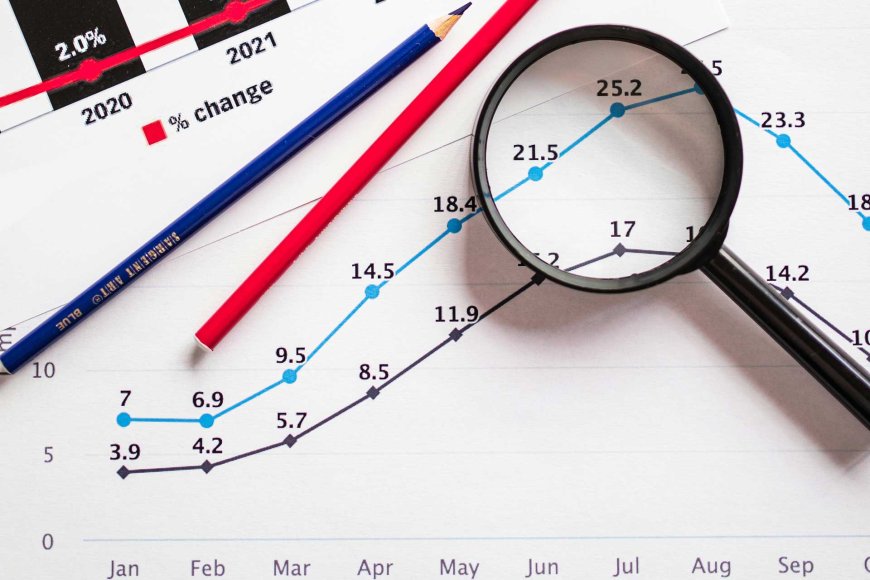
The Japanese model of gun control offers several lessons for policymakers around the world. First and foremost, strict regulations, including comprehensive background checks and licensing requirements, are essential for preventing firearm-related violence. Additionally, investing in mental health resources and addressing socio-economic factors can help address the root causes of violence.
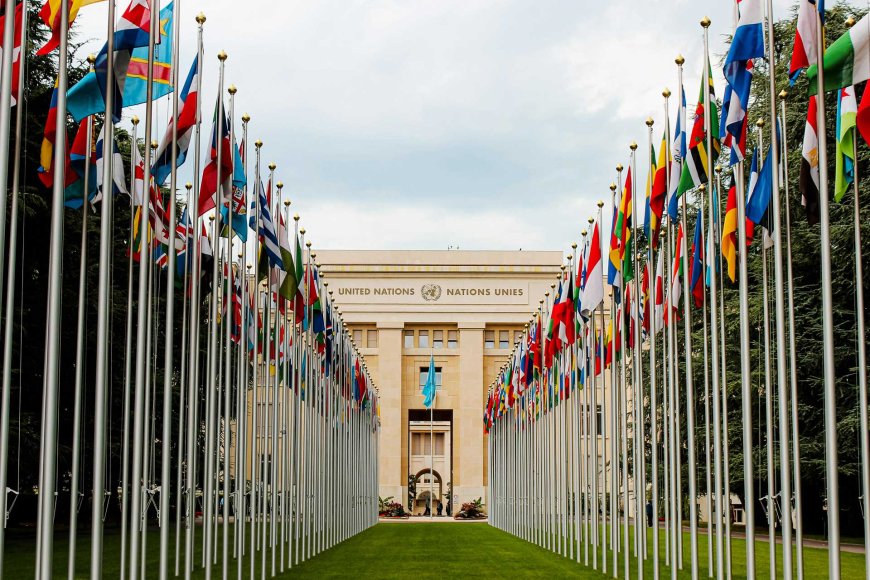
However, it's essential to acknowledge that Japan's approach may not be directly replicable in other countries due to cultural, social, and political differences. What works in Japan may not necessarily work elsewhere. Nevertheless, studying Japan's successful model can inspire innovative approaches to gun control tailored to the unique circumstances of each society.
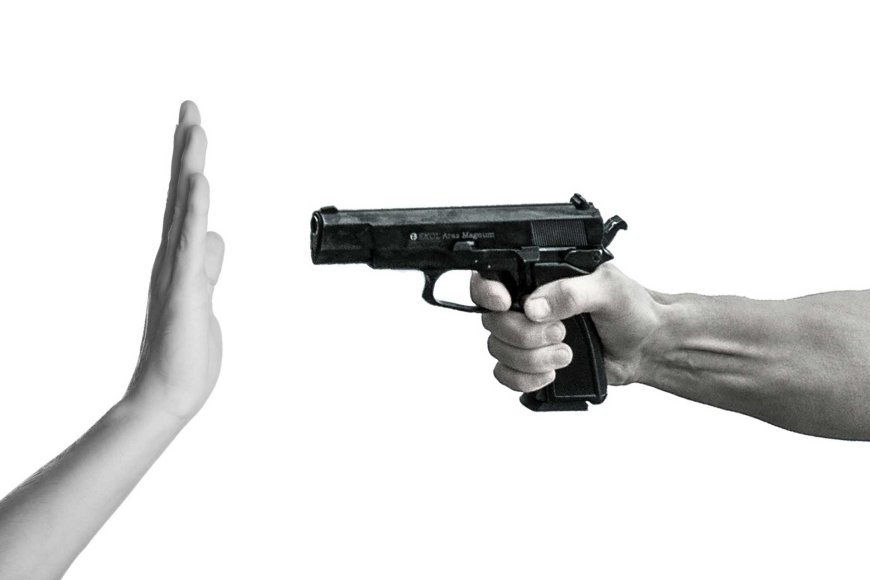
Japan's Exemplary Approach to Gun Control
Japan's experience with gun control serves as a compelling case study in effective policymaking and regulation. By prioritizing public safety, implementing stringent regulations, and fostering a culture of social responsibility, Japan has succeeded in maintaining low levels of gun violence. While challenges remain, particularly in addressing the root causes of violence, Japan's approach offers valuable insights for policymakers striving to create safer communities worldwide. Ultimately, the Japanese model underscores the importance of proactive measures and comprehensive strategies in reducing gun-related injuries and deaths.
Find Cheap Flight Tickets to any Destinations in Japan and the Philippines
Nipino.com is committed to providing you with accurate and genuine content. Let us know your opinion by clicking HERE.































































